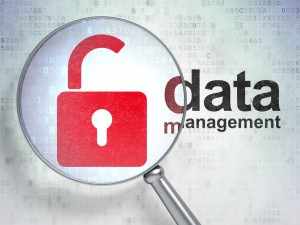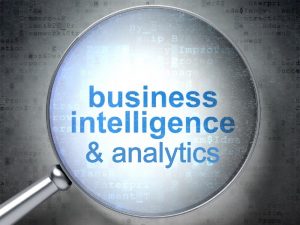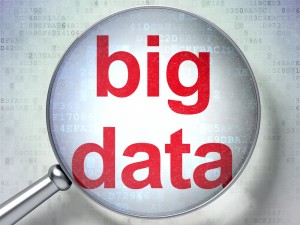
Featured Content

Data Warehouse Automation & Real-time Data – Reducing Time to Value in a Distributed Analytical Environment

Data Catalogs: Governing & Provisioning Data in a Data Driven Enterprise (12 December 2024, Italy Livestream Training)

Data Catalogs – Governing & Provisioning Data in a Data Driven Enterprise (16 October 2024, Stockholm)

Data Strategy: Building The Foundation of a Data-Driven Enterprise (13-14 November 2024, Italy Livestream Training)
Conferences
Big Data & Data Science International Conference 2017

4-5 December, 2017 – Rome
Mike Ferguson will be chairing and speaking at this conference.
There is no doubt that we are entering a new era in computing – The era of the Data Driven Digital Enterprise. In this new world, the most valuable resource in the business is data. Those companies that can accelerate their ability to ingest, profile, classify, organise, prepare, analyse and govern that data are much more likely to produce the insights needed to succeed in their own markets and to disrupt others.
For this to happen, companies need to focus on business goals instead of lengthy IT projects. Prioritising business goals allow us to focus on qualifying, processing and analysing the structured, semi-structured and unstructured data needed to drive business value. Raw data then needs to be ingested, discovered, profiled and cataloged so that Data Scientists can easily find it, prepare it and analyse it to produce the disruptive insights needed to achieve those business goals. This includes new internal and external data such as clickstream, social network data, machine log files, sensor data, Internet of Things (IoT) data, weather data, open government data, text, images, video and audio as well as traditional transaction and master data. In addition we need to start analysing this data in real-time as it streams into the enterprise so that we can respond more rapidly to changes in the market and to problems and opportunities as they arise.
That said, there are many new challenges. We have to transition from traditional Data Warehouses to digital analytical ecosystems. New skills are needed. We have to deal with unique problems like very high velocity, continuously streaming data and high volume data. Also the data we want to analyse is no longer just structured. We have new data stores like Hadoop, NoSQL databases and Cloud storage. Also data scientists and business analysts now need to be multi-skilled. They need to know how to do everything from data preparation to Machine Learning, Text Analysis, Graph Analysis, Streaming Analytics, Deep Learning and Artificial Intelligence across multiple data stores. Meanwhile the pace of innovation continues to quicken with new technologies emerging at an ever faster rate.
With Hadoop and Spark now becoming mainstream, companies need to establish data and analytics programmes for the long term and organise for success under a Chief Data Officer in order to govern data and to produce the insights needed to achieve their business goals.
Data Science projects need to be aligned with those business goals and initiated on Big Data platforms best suited to the data and analytical workloads. Also Data Scientists need to master new technologies and apply new analytical techniques to data to produce competitive insights. Therefore the emphasis has shifted to delivering value through Data Science by analysing data in multiple data stores on the Cloud, on-premises or both.
This Conference aims to provide ‘how to’ sessions on building a Data Driven Enterprise. It looks at business goals and the role of the Chief Data Officer. It looks at succeeding with Data Science, organising for success and managing Fast and Big Data in a scalable analytical environment. It looks at the challenge of data ingestion, the role of information catalogs and how to govern and manage data in a Data Driven Enterprise. We look at different types of Advanced Analytics in Data Science and how these techniques can be used to deliver value. This includes Machine Learning, Streaming Analytics, Deep Learning and Artificial Intelligence. We also look at how all of this can be integrated with existing Data Warehouses and BI tools in a modern Data Architecture fit for a Digital Enterprise.
- Business aligned Data Science – the role of the Chief Data Officer
- Organising for success
- Matching data and analytical workloads to infrastructure technologies ‘best fit’ to run them
- Data ingestion, discovery, profiling and classification – The Role of the Information Catalog
- Data Governance in a Big Data and Fast Data world
- Streaming Analytics – technologies and techniques for analysing Fast Data
- Data Science workbenches and Machine Learning automation – New technologies for Agile Data Science
- Machine Learning at scale
- Deep Learning
- Artificial Intelligence
- A modern Data Architecture for the Data Driven Enterprise
- An Italian case study in successfully implementing Data Science






